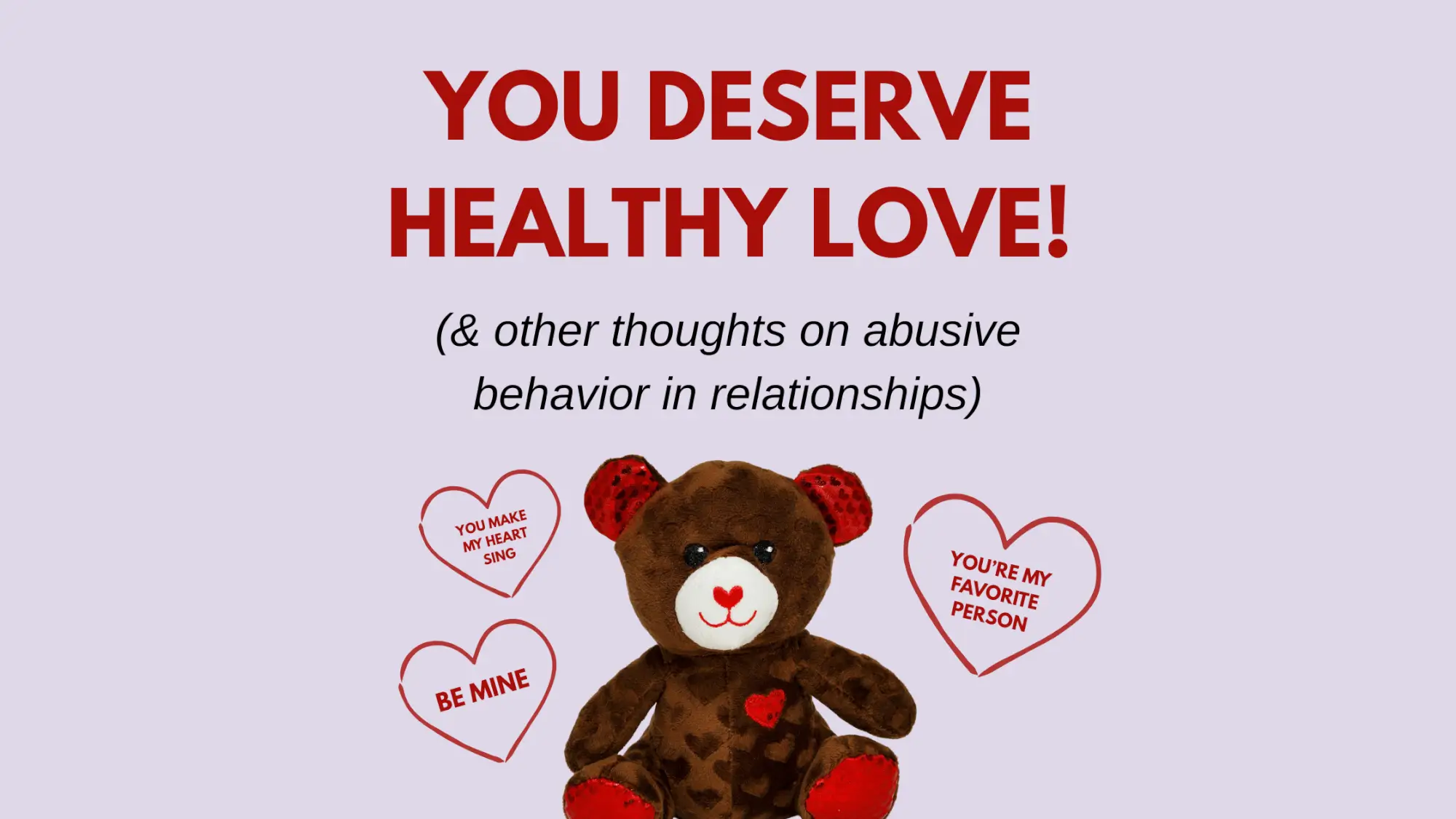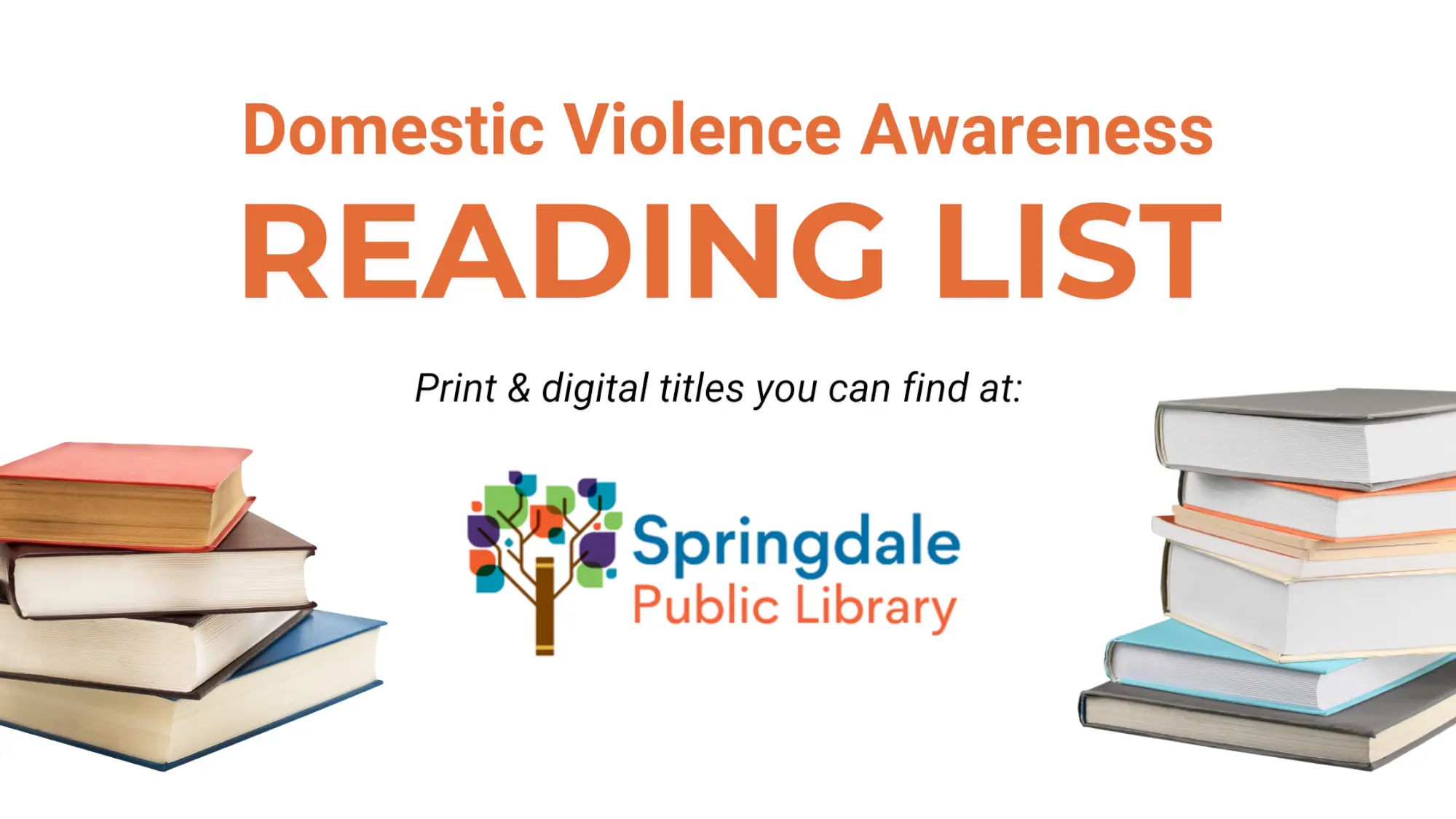
Kenna Shaddy
Gaslighting is a term that has grown in popularity over recent years. According to Merriam-Webster, Gaslighting is psychological manipulation over an extended period of time that causes the victim to question the validity of their own thoughts, perception of reality, or memories and typically leads to confusion, loss of confidence, etc. It is an effective form of emotional abuse that gives the perpetrator immense destructive power over their victim. Gaslighting can occur in any type of relationship, including between family members, romantic partners, and friends. Manipulative people typically use gaslighting in relationships to establish power over their victim and tend to be people with personality disorders and/or some form of psychopathy.
Gaslighting, as we know it today, originated from a 1938 thriller play centered around the topic of domestic abuse. The premise of the play is about a husband who worked to drive his wife insane so he could steal from her. The themes in this play are very relevant to today’s times and are helpful in understanding the different aspects of relationship abuse.
Common tactics that are used by people who gaslight are lying, performing deceptive acts, isolating, creating chaos, and more. Usually, the perpetrator will start by saying small lies here and there, and then they progressively degrade their victim more and more over time. Some will even take part in “love-bombing” which is the act of being super affectionate and loving at the very beginning of the relationship and then changing after a short period of time. This is a manipulative tactic that perpetrators use to reel in victims and get them to stay longer. Some sayings that are often said by people who gaslight are “You’re too sensitive,” “You need to calm down,” “You’re overreacting,” and other phrases that are used to make the victim feel invalidated.
Gaslighting is incredibly harmful to one’s self-esteem and can lead to trust issues that carry into future relationships. Exposure to this type of vulnerability can cause a victim to refuse even putting in effort for new relationships as it is hard for them to not blame themselves for what happened to them.
If you or someone you know is experiencing domestic violence, call the Peace at Home Family Shelter 24-Hour Crisis Hotline: at (479) 442-9811 or email us at help@peaceathomeshelter.com. If you are in immediate danger, call 911 right away.



